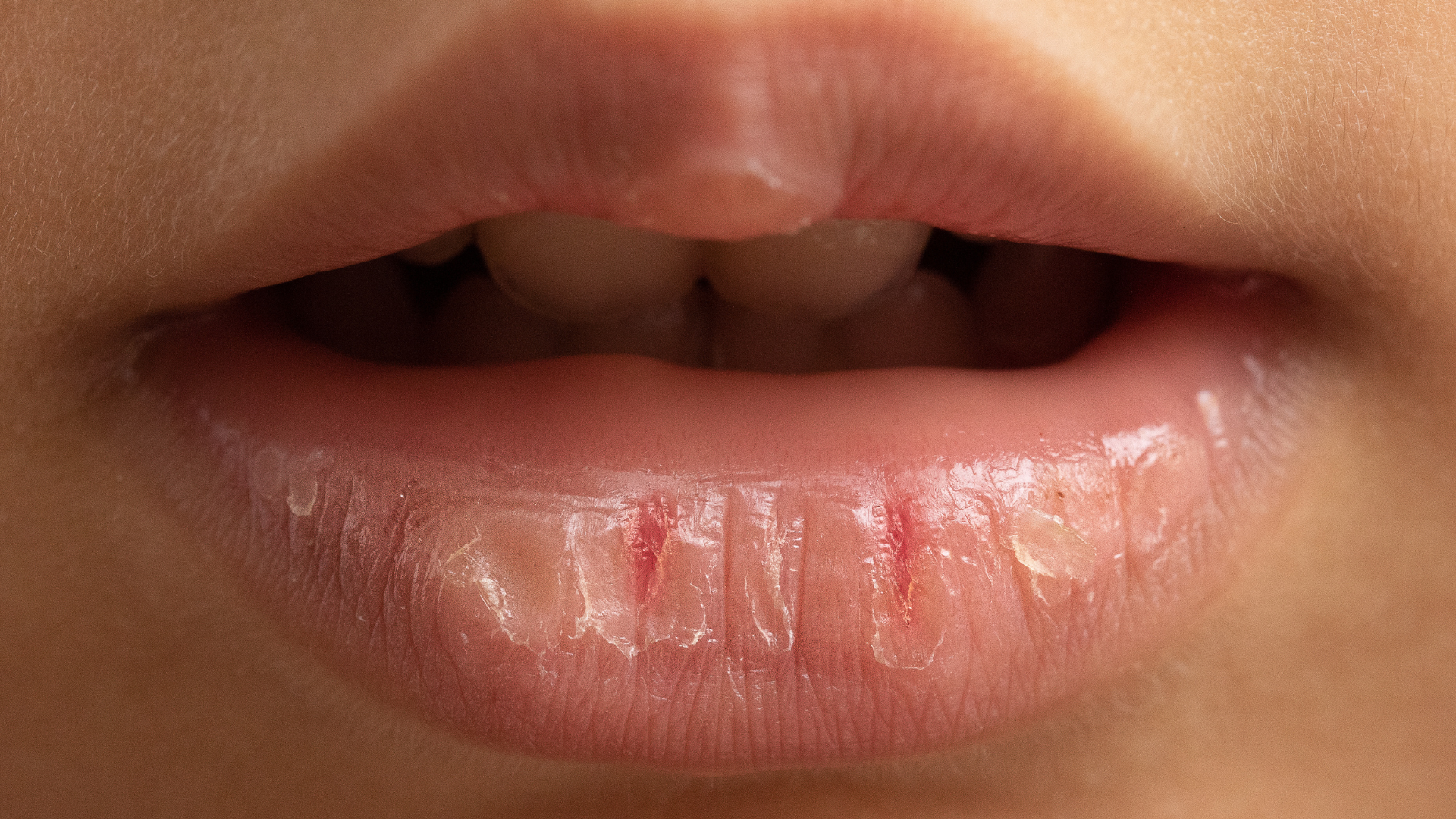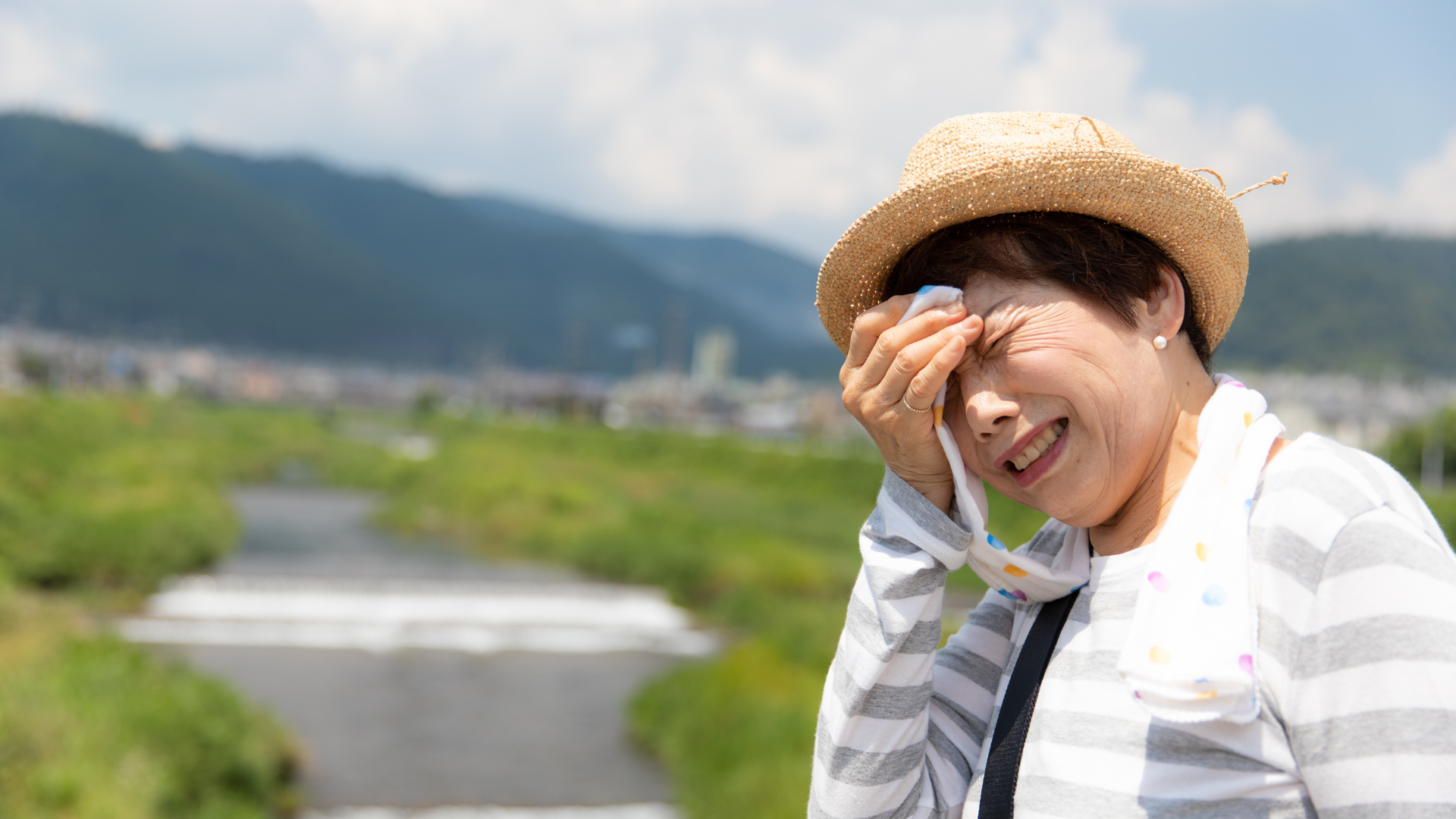Dehydration is a common yet serious condition that occurs when your body loses more fluids than it takes in. This imbalance can disrupt normal bodily functions and, if untreated, lead to severe health complications. In tropical destinations like Bali, dehydration risks are heightened due to the hot climate, physical activity, and common illnesses such as "Bali belly." This article explores dehydration in detail, including its causes, symptoms, and treatments, with a focus on practical solutions like IV drip therapy in Bali, the role of general practitioners, and related conditions such as fever and heatstroke.
💦 What is Dehydration?

Dehydration happens when your body doesn’t have enough water and fluids to carry out its normal functions. Water is essential for regulating temperature, lubricating joints, and transporting nutrients. When fluid loss exceeds intake, the body’s cells and organs cannot function properly.
According to the Centers for Disease Control and Prevention (CDC), dehydration can be mild, moderate, or severe, depending on the amount of fluid lost. The World Health Organization (WHO) emphasizes that dehydration is a significant global health issue, especially in hot climates and among vulnerable populations like children and the elderly.
🌞 Causes of Dehydration in Bali

Bali’s tropical climate, with high temperatures and humidity, increases the risk of dehydration. Here are some common causes:
- Heatstroke and Excessive Sweating: Prolonged exposure to heat causes the body to sweat excessively, leading to fluid loss. Heatstroke is a severe form of heat illness that can result from dehydration.
- Bali Belly (Traveler’s Diarrhea): This common illness among tourists involves diarrhea and vomiting, which rapidly depletes the body’s fluids and electrolytes.
- Fever: When you have a fever, your body loses more water through sweating.
- Inadequate Fluid Intake: Tourists often underestimate their fluid needs, especially when engaging in outdoor activities or consuming alcohol.
- Physical Activity: Hiking, surfing, or other strenuous activities increase fluid loss.
🤒 Symptoms of Dehydration

Recognizing dehydration early is crucial. Symptoms vary by severity:
| Severity | Symptoms |
|---|---|
| Mild to Moderate | Thirst, dry mouth, dark yellow urine, fatigue, dizziness, headache, dry skin |
| Severe | Rapid heartbeat, rapid breathing, sunken eyes, confusion, fainting, low blood pressure, lack of sweating |
If you experience severe symptoms, immediate medical attention is necessary.
🩺 Role of a General Practitioner in Dehydration Management

A general practitioner (GP) plays a vital role in diagnosing and managing dehydration. They assess symptoms, check vital signs, and may order blood tests to evaluate electrolyte levels. Treatment depends on severity:
- Mild to Moderate Dehydration: Oral rehydration with water and electrolyte solutions.
- Severe Dehydration: Requires intravenous (IV) fluids to quickly restore hydration and electrolyte balance.
GPs also investigate underlying causes such as infections causing fever or gastrointestinal illnesses like Bali belly.
💉 IV Drip Bali: A Popular Treatment for Dehydration

In Bali, IV drip therapy has become a popular and effective treatment for dehydration, especially among tourists. Clinics like The Dose Bali offer IV drips that deliver fluids, vitamins, and electrolytes directly into the bloodstream for rapid rehydration.
Why IV Drip Therapy?
- Fast Hydration: Bypasses the digestive system, providing immediate fluid replenishment.
- Relief from Symptoms: Helps alleviate fatigue, headaches, and dizziness quickly.
- Treatment for Bali Belly and Heatstroke: IV drips can restore lost fluids and nutrients caused by diarrhea, vomiting, or heat-related illnesses.
IV drip therapy is often administered under the supervision of healthcare professionals, including general practitioners, ensuring safe and effective treatment.
🌡️ Fever and Its Connection to Dehydration

Fever increases the body’s temperature, causing sweating and fluid loss. When combined with inadequate fluid intake, fever can quickly lead to dehydration. Managing fever with appropriate medication and maintaining hydration is essential to prevent complications.
🔥 Heatstroke: A Dangerous Consequence of Dehydration

Heatstroke is a life-threatening condition caused by prolonged exposure to high temperatures, often accompanied by dehydration. Symptoms include:
- High body temperature (above 40°C or 104°F)
- Confusion or altered mental state
- Rapid pulse
- Loss of consciousness
Immediate cooling and medical intervention are critical. Preventive measures include staying hydrated, avoiding excessive sun exposure, and recognizing early signs of heat exhaustion.
🍽️ Bali Belly: What You Need to Know

Bali belly refers to traveler’s diarrhea caused by consuming contaminated food or water. It leads to frequent diarrhea, vomiting, and abdominal cramps, causing rapid fluid loss and dehydration.
Preventive Tips:
- Drink bottled or purified water.
- Avoid raw or undercooked foods.
- Practice good hand hygiene.
If symptoms occur, oral rehydration and rest are recommended. Severe cases may require IV fluids and medical care. (Read More on our article)
📝 Tips to Prevent Dehydration While Enjoying Bali

- Stay Hydrated: Drink plenty of water throughout the day, especially when outdoors.
- Use Electrolyte Solutions: Oral rehydration salts or sports drinks can help maintain electrolyte balance.
- Limit Alcohol and Caffeine: These can increase fluid loss.
- Wear Appropriate Clothing: Light, breathable fabrics help reduce sweating.
- Seek Medical Help Early: If you experience symptoms of dehydration, consult a general practitioner promptly.
- Consider IV Drip Therapy: For rapid recovery, especially after intense physical activity or illness.
📚 Sources and Further Reading
- Centers for Disease Control and Prevention (CDC): Dehydration
- World Health Organization (WHO): Dehydration and Oral Rehydration Therapy
- The Dose Bali: IV Therapy Services
- Mayo Clinic: Dehydration - Diagnosis & Treatment
- Trishnanda Care Centre: Heat Stroke in Bali
🌟 Conclusion
Dehydration is a serious health concern, especially in hot climates like Bali where heatstroke, fever, and Bali belly are common. Understanding the causes, recognizing symptoms early, and seeking appropriate treatment—whether through a general practitioner or IV drip therapy—can prevent complications and ensure a safe, enjoyable stay. Stay hydrated, listen to your body, and don’t hesitate to seek medical care when needed. Your health is your most valuable asset on your Bali adventure! 🌴💧